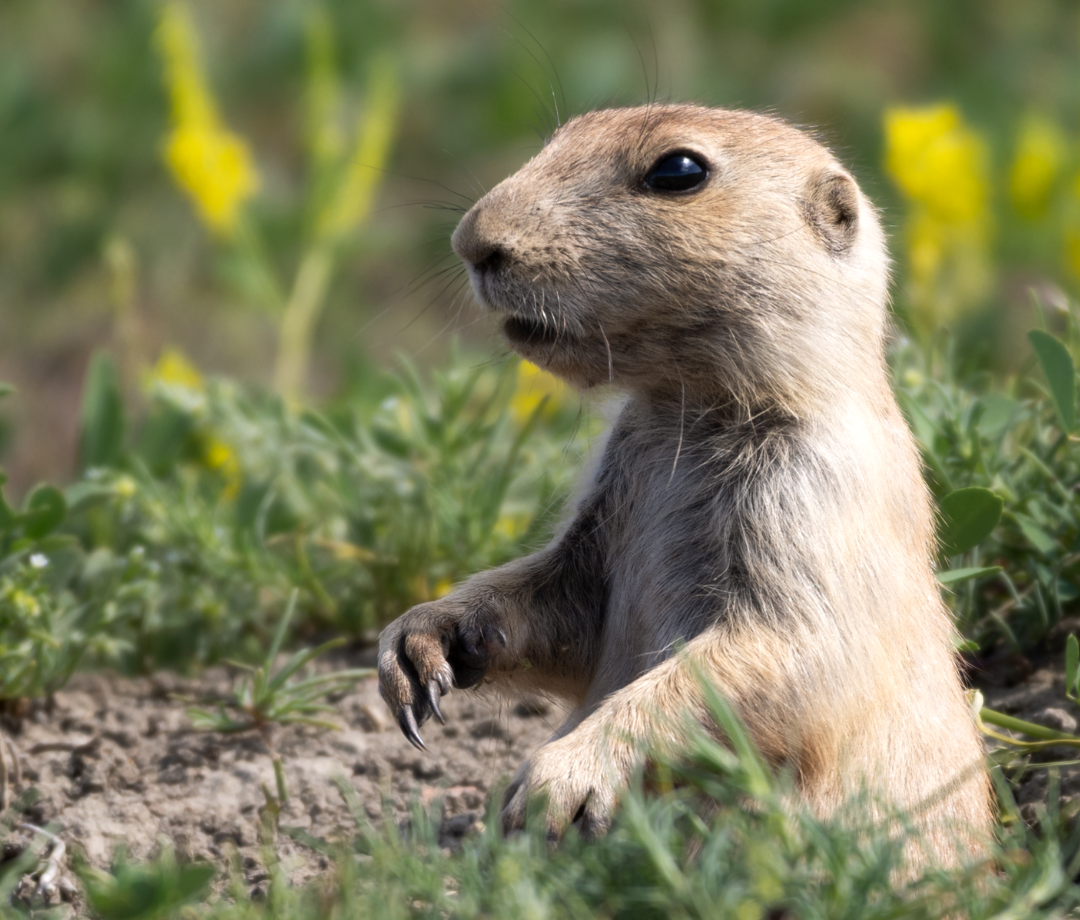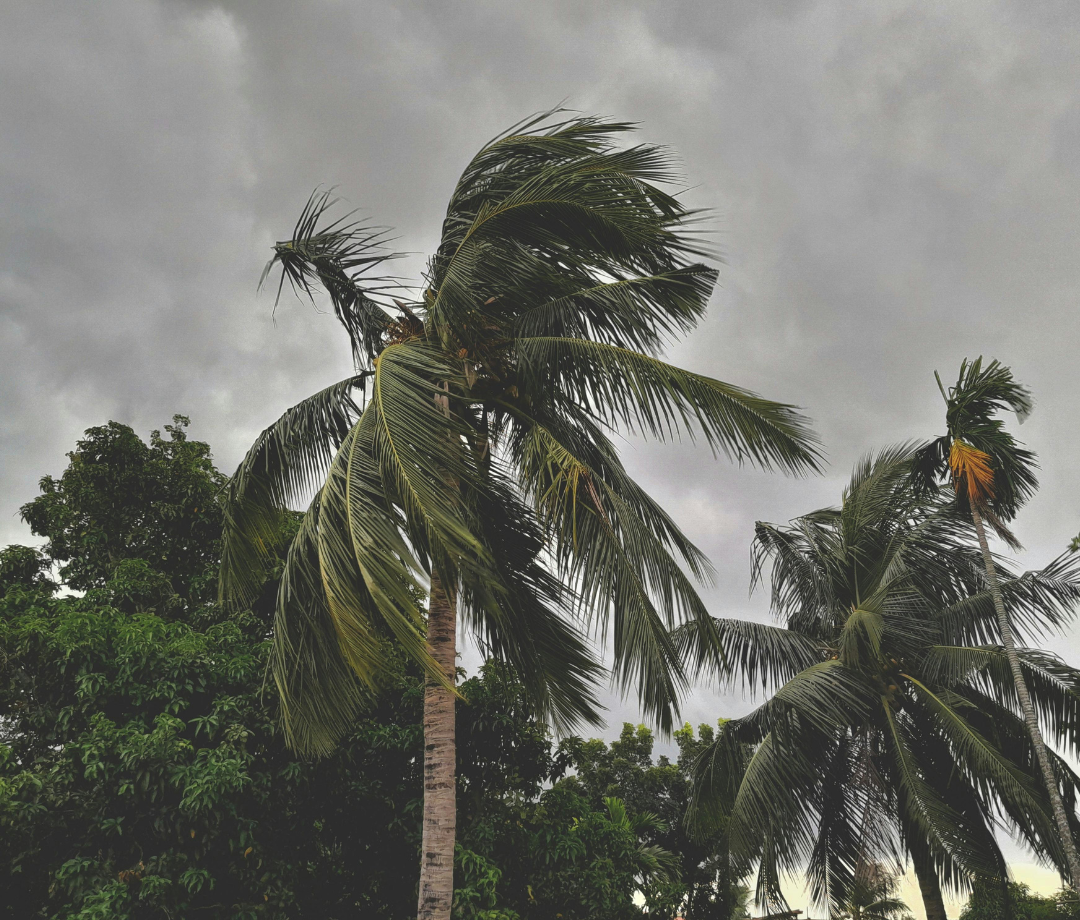What Is Climate Like In Vancouver?
According to the Koppen Climate Classification, Vancouver has a Cfb climate (temperate, with no dry season and a warm summer).
A temperate climate (C) is defined as having at least one month with an average temperature of above 10 C (50 F), with the coldest month averaging between freezing and 18 C (64 F). Temperate climates have a lot in common with continental climates (D), in that both see a large difference between the four seasons. In many cases, the local leaves change colours in the fall, although this is not a universal feature for either. They are also both more prone to extreme climate events such as thunderstorms and even tornadoes than the other three climate types, which are tropical (A), dry (B) or polar (E). The main difference between temperate and continental climates is that temperate climates still average above freezing even in their coldest month, while continental climates are defined as having at least one month where the average temperature is below freezing. There is also a tendency for temperate climates to be near the coast, while continental climates are usually found more inland, although once again, this is a tendency and not a rule.
The second letter, (f), means that there is no major difference in the amount of precipitation between summer (which is defined as April–September) and winter (October–March) on average. Having significantly less precipitation in the winter would have made it a dry winter (w), and the opposite would have made it a dry summer (s).
The last part is warm summer (b). For this, it is required for there to be at least 4 months with an average temperature above 10 C (50 F), but with no month of there being an average temperature above 22 C (72 F). If there were fewer than 4 months above 10 C, it would have been considered a cold summer (c), and if there was a month with a temperature above 22 C, it would have been considered a hot summer climate.
What Is Everyday Weather Like In Vancouver?
Vancouver is known primarily for having temperatures that tend to be one of the warmest cities in Canada, especially in the winter. It is also known for being one of the rainiest cities in Canada. Both are explained by it being near the coast. While each of these things is true, it should also be noted that Vancouver is one of the least windy cities in Canada, with winds averaging from 5-10 km/h year-round.
Despite tending to have very warm winters, the summers likely aren’t as hot as many other places at the same latitude. It does have warm summers, but they generally aren’t as hot as cities in places like southern Ontario. Also, with the exception of summer, Vancouver is generally much more humid and has more cloud cover than most other cities.
What Is Spring Like In Vancouver?
Vancouver has some of the warmest springs in Canada. Unlike most cities, where March temperatures are around freezing, and generally feature a fair amount of snow, Spring in Vancouver has little, if any, snow. However, highs are generally in the area of 10 C (50 F), with lows floating around 5 C (41 F). Snow can be surprisingly rare, even at the beginning of the season. Cloud cover will be around 75%, and humidity will hover around 80% throughout the month. By May, the highs and lows will rise to closer to 20 C (68F) and 10 C (50F), respectively. Cloud cover and humidity, on the other hand, will have lowered to about 60% and 70%, each, opening the doors to a sunnier summer. From March through May, rain would also drop from about 100 mm per month to about 40 mm per month by May.
What Is Summer Like In Vancouver?
As the name “warm summer” suggests, summer in Vancouver is much hotter than any other month, but not so hot as to be uncomfortable. From June through to August, highs will generally hover from about 20 C (68 F) to 25 C (77 F), with lows generally in the range of 10 C (50 F) to 15 C (59 F). There will almost always be around 30 mm of rain per month, with humidity hovering around 70%. Cloud cover does dip throughout the season, though, as it hits around 40% by the end of the month. Although the amount of rain is noticeably less than what happens in other months, it is not enough to give it a dry summer categorisation according to the Koppen Climate Classification.
What Is Fall Like In Vancouver?
Fall in Vancouver is relatively interesting. It starts similar to how spring ends, with highs and lows at 20 C (68 F) and 10 C (50 F), respectively. There, however, is significantly less cloud cover, floating around 50%, but a higher humidity, floating at around 80%, and an average of around 70mm of rain falling in September. November will also have similar highs and lows to March, at 10 C (50 F) and 5 C (41 F), with cloud cover raised to 75% and humidity often pushing 90%.
There are a couple of other things that separate fall from spring in Vancouver. One of these is, like in many other places, leaves change colour in the fall. Another is that the fall in Vancouver is extremely rainy, with both October and November having over 100 mm each on average.
What Is Winter Like In Vancouver?
Winter in Vancouver is different from that in most other cities. Highs generally range from 5 C (41 F) to 10 C (50 F). However, something that can be very shocking is that even in winter, the average lows are above freezing, although this is usually only by a few degrees. Since these are averages, each of these three months will include a few millimetres of snow, but there will be much more rain, especially in December, which will have over 100 mm of rain. Cloud cover will hover around 70%, with humidity near 85% throughout the entire season.
Is Vancouver For Me?
There is a good reason for Vancouver being the third most populated city in the country, and the most populated western city. The weather is very mild, without getting too hot, even in summer, with winters being abnormally warm. If you’re not a fan of snow, wind, or extreme temperatures, and are willing to deal with lots of rain as a trade-off, Vancouver might be a great fit for you.



